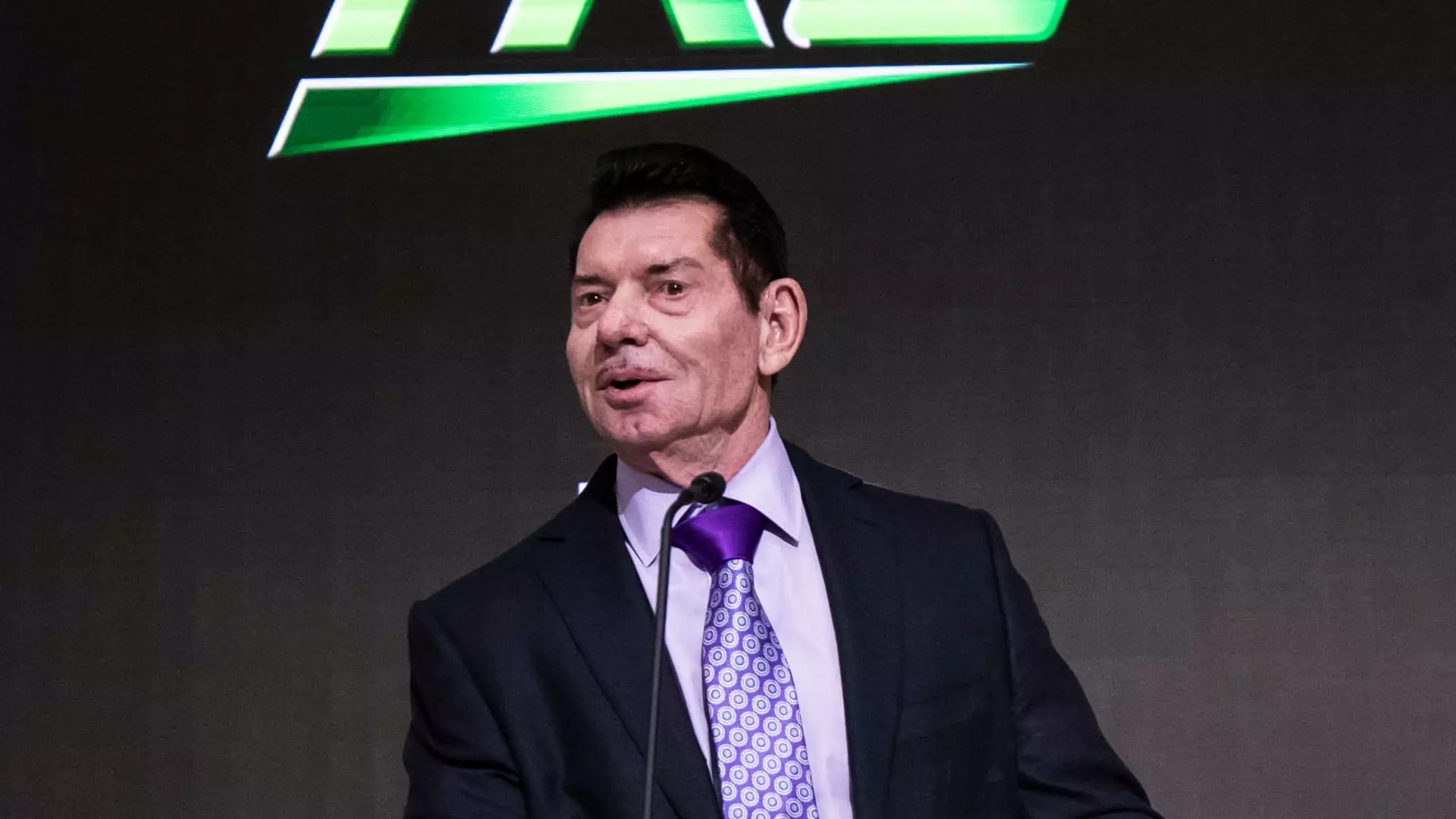The recent charges against Vince McMahon, the former chairman of World Wrestling Entertainment (WWE), have ignited a significant conversation about corporate governance, ethics, and the accountability of high-profile executives. The U.S. Securities and Exchange Commission (SEC) has accused McMahon of violating federal securities laws, raising essential questions about the responsibilities of executives in reporting material events that could impact their companies’ financial integrity.
The SEC asserted that McMahon failed to disclose settlement agreements worth $10.5 million with two women, actions that were deemed to have contravened regulatory standards. By not informing the WWE board, legal teams, accountants, or auditors about these settlements, McMahon neglected his responsibility to ensure transparency and compliance with the Securities Exchange Act. The fallout? WWE’s financial reports from 2018 and 2021 reflected material misstatements due to his lack of disclosure. The regulatory body concluded that his actions significantly disrupted WWE’s internal accounting controls.
As a consequence of these violations, McMahon has opted to settle, agreeing to pay a civil penalty of $400,000 and reimbursing WWE approximately $1.33 million. Such settlements are often seen as a way for companies and executives to resolve disputes while avoiding lengthy legal battles, but they also raise the specter of accountability—or the lack thereof—leading to skepticism among shareholders and the public alike.
The recent merger of WWE with Endeavor Group Holdings to form TKO Group Holdings created new complexities in the company’s corporate governance structure. As this merger occurred in September 2023, McMahon’s legal troubles have surfaced during a crucial transitional period. This scenario begs an evaluation of investor trust and the reputational impact on WWE as it navigates the waters of professional wrestling and mixed martial arts.
The SEC’s findings indicate that the undisclosed agreements led to an inflated perception of WWE’s financial health, with reported income overstated by 8% in 2018 and 1.7% in 2021. This financial misrepresentation undermines investor confidence and casts a shadow over WWE’s corporate ethics. Moreover, McMahon’s personal motivations—allegations of sexual misconduct and the subsequent hush payments—raise ethical questions beyond mere legal violations, connecting them to broader issues of workplace culture and respect.
McMahon’s defense has painted a picture of the allegations as mere “minor accounting errors,” a characterization that many stakeholders are unlikely to accept. The fact that McMahon profited from WWE during the time the misstatements were made amplifies the scrutiny of executive accountability. It begs the question: how much responsibility should corporate leaders take for their personal actions, particularly when those actions may impact investors and the broader company culture?
As the SEC’s order indicated, McMahon has yet to fully reimburse WWE for the profits gained during the timeframe of the misstated financials. This complicates his claim of minor errors and raises concerns regarding his true commitment to corporate responsibility. Shareholders and wrestling fans alike may feel justified in questioning both McMahon’s integrity and the ethical framework within which WWE operates.
Given the current environment, both WWE and McMahon face uncertain futures. For WWE, the road ahead includes not only mending its financial reputation but also addressing the cultural implications tied to the alleged misconduct of its former leader. For McMahon, the settlement may seem like a closure of sorts, but his legacy—and that of WWE—will be hard to disentangle from these serious ethical challenges.
This situation serves as a stark reminder that high-ranking executives wield significant power and influence, but with that position comes a larger moral obligation. As corporations continue to operate within complex regulatory frameworks, the necessity for ethical leadership must transcend mere compliance, shaping a corporate culture wherein accountability, transparency, and respect for all employees are at the forefront.
In a world where corporate scandals can lead to public outcry and immediate repercussions, the outcomes of this case will likely be scrutinized closely, and may well influence the future regulatory approaches toward corporate governance and executive accountability.

Leave a Reply